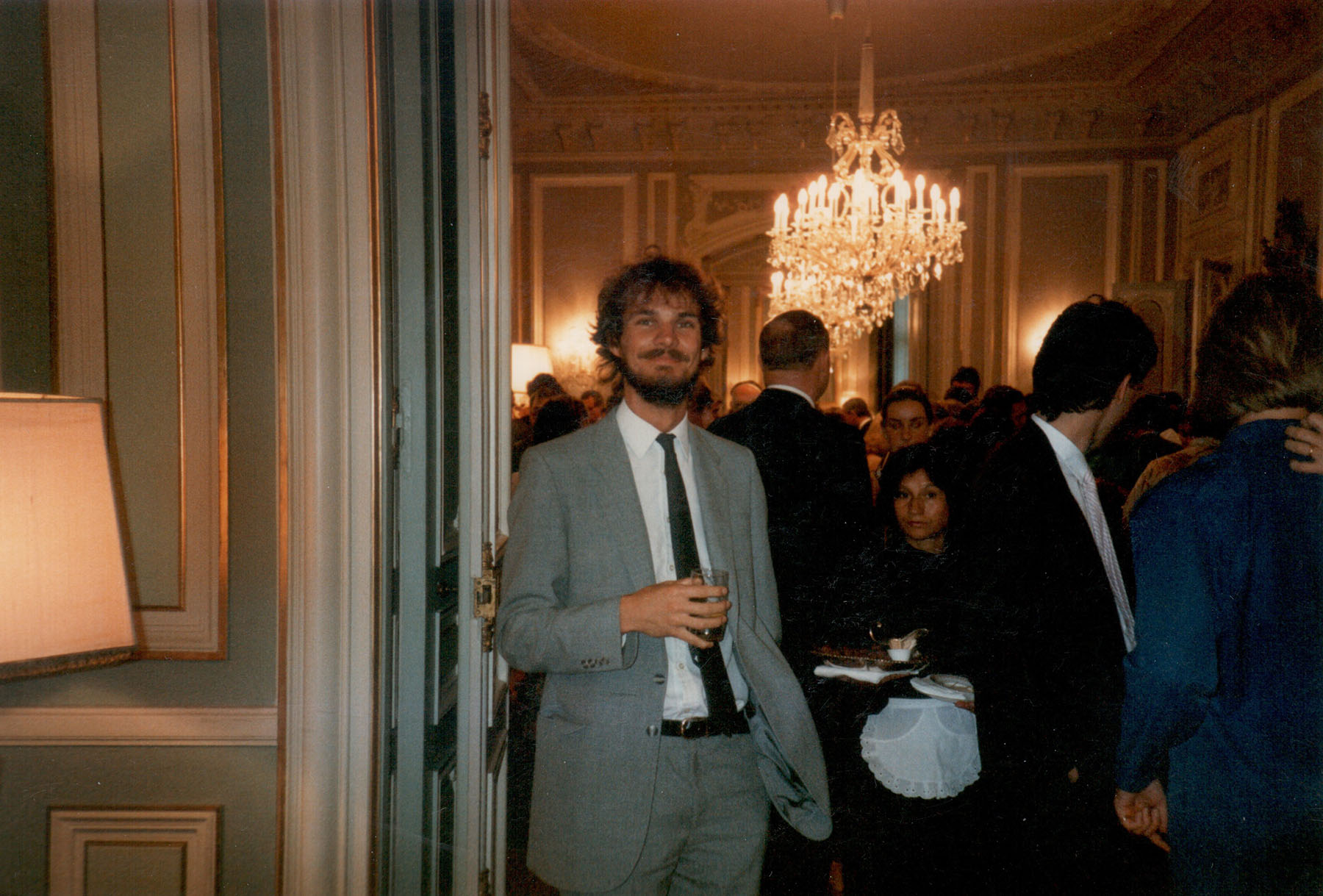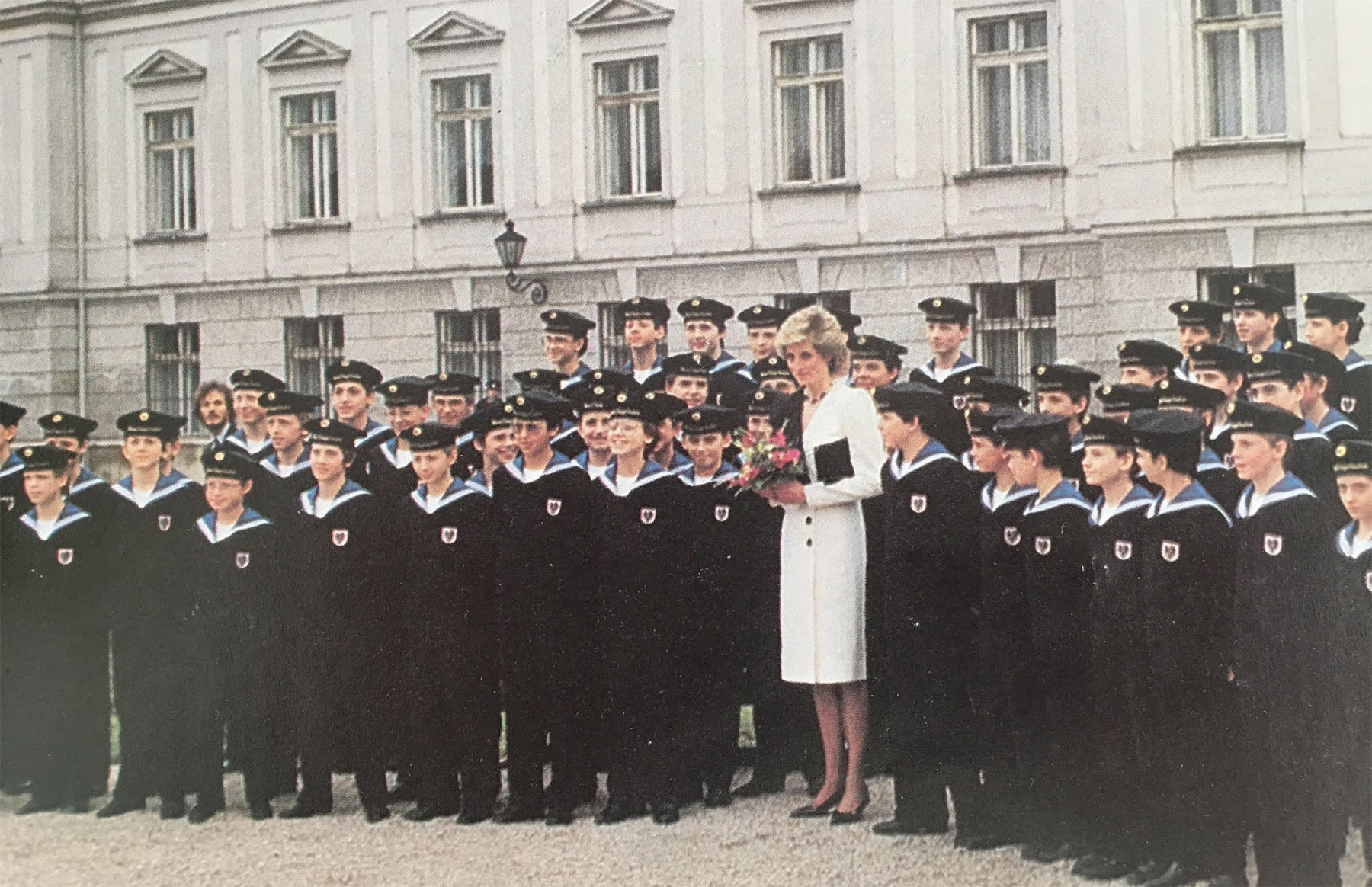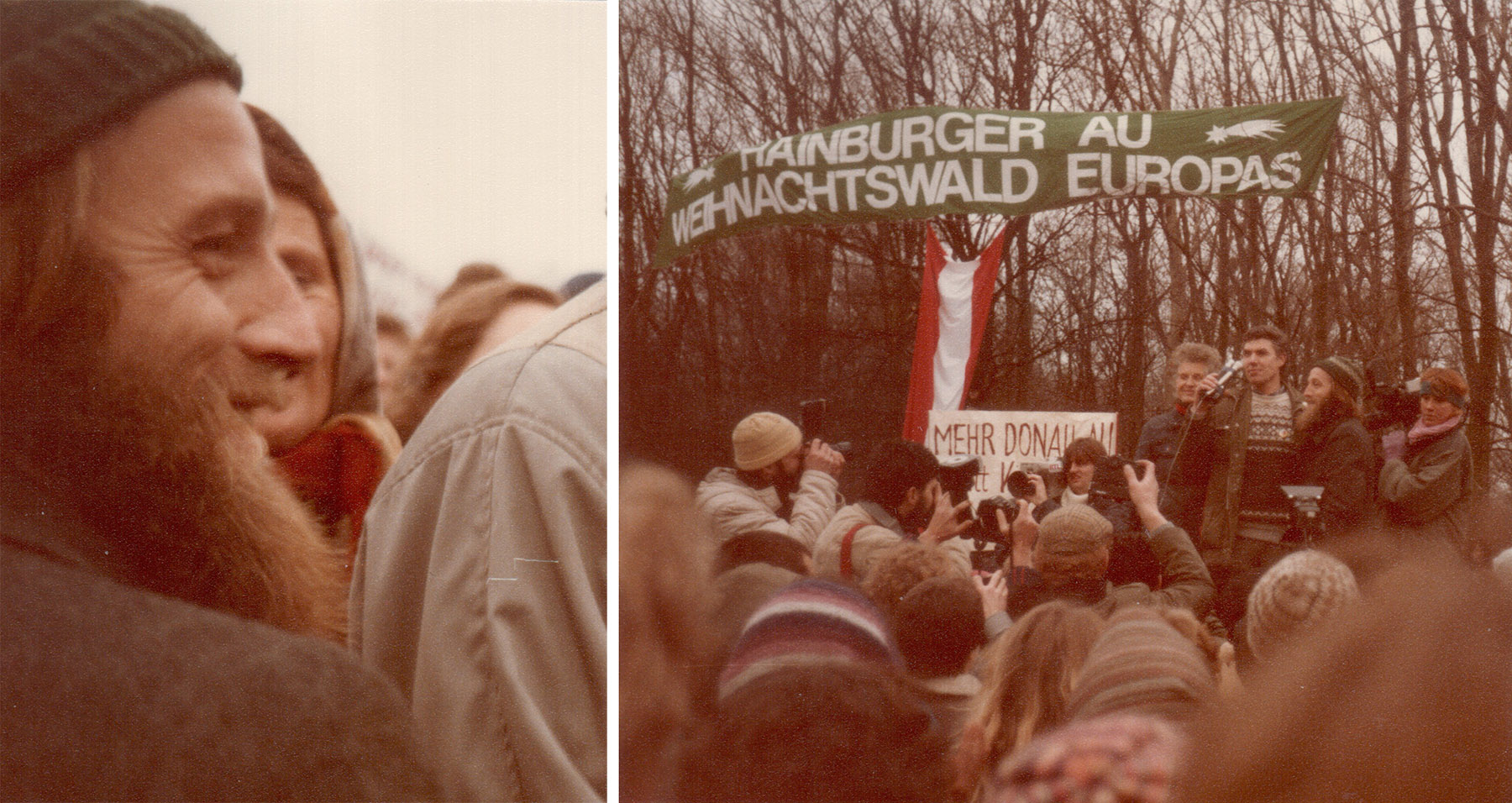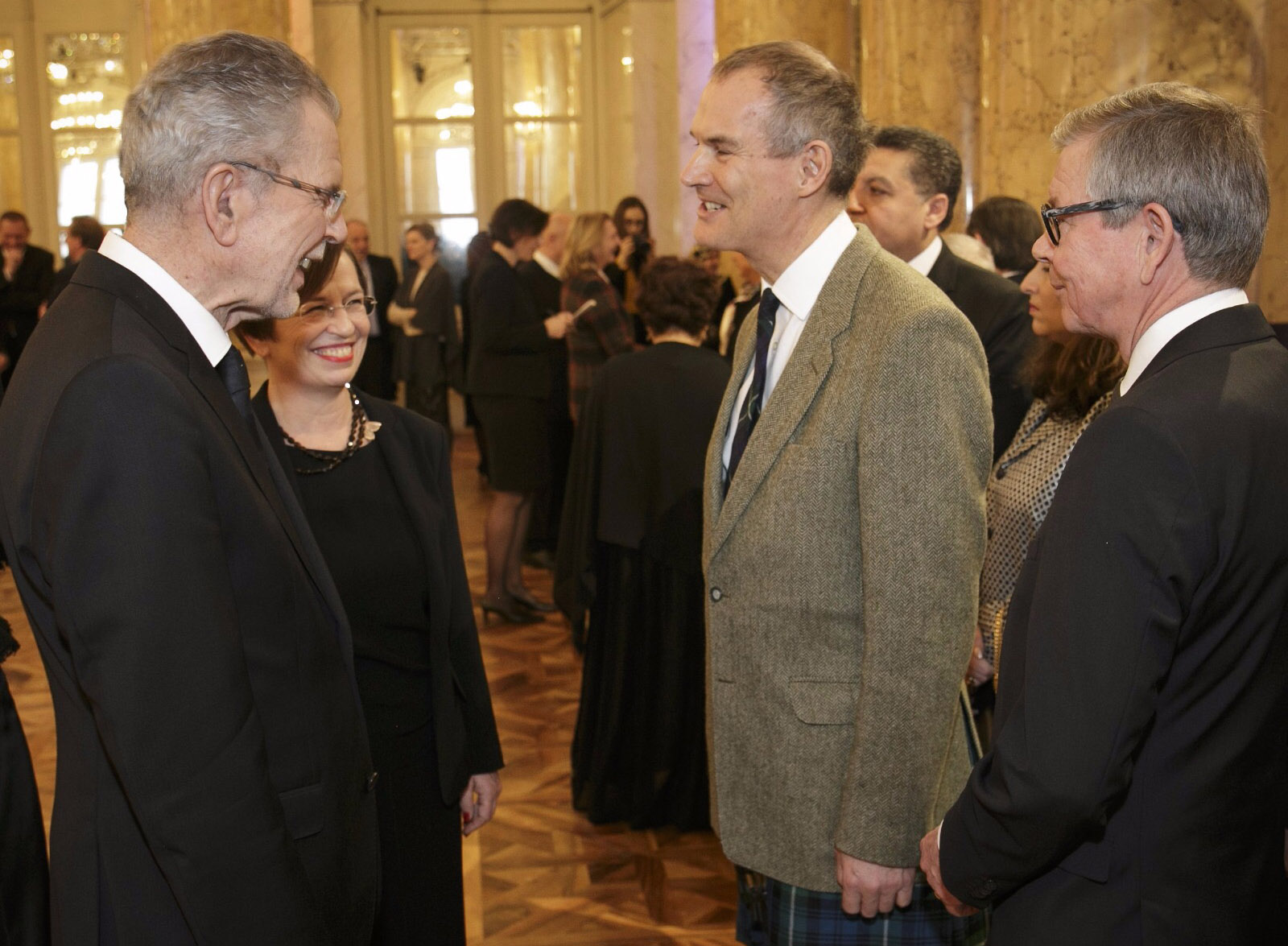25th November 2020 Vienna, Austria
Diplomatic lessons 2, 1983-87: languages change everything
I was working in the personnel departments of the FCO[1] when Judith Macgregor[2], head of my section, put her head around the door and beckoned.
An officer named John Everard[2] had resigned from his post as second secretary (political) and press officer at the British Embassy in Vienna, she said. They needed a German speaker, fast. Was I interested?

One of my goals in joining the Foreign Office had been to drive a Jeep through wild terrain, in the manner of a corny cigarette advert popular at the time, in South America or Africa. Vienna – not so much. I asked friends. One replied “It means nothing to me”. Another, Louise Kroll, said ‘Vienna? You’d be mad not to’.
I had joined the FCO in 1983 from HM Treasury. My first job was as desk officer for El Salvador and Nicaragua. It consisted mostly of answering MPs’ letters[3] complaining about the support of the British Government for US policy in those countries. We received our reports from the region by letters in the diplomatic bag.
My department also covered Cuba. Granma, the confusingly named newspaper of the Central Committee of the Cuban Communist Party, had curiously-scented printing ink and a predictable editorial line. When I visited Cuba in 2015, on holiday, it seemed to have changed remarkably little from how Granma had depicted it in 1983.
Early in 1984, my Treasury background – implying some degree of numeracy – led to me being assigned to write a review on how to use computers more effectively in personnel work.
I was also asked to explore why many women who had joined the FCO in 1983 had left within twelve months. Out of a graduate intake of 21, eleven had been female; I interviewed the eight or nine who had already left. The most common reason they gave was male partners who did not want to accompany them on an overseas posting.
Moving to Vienna in 1984 felt a big deal. To mark the distance from London, I travelled there by train (as I did in 2016). I remember watching the illuminated castles as we passed down the Rhine valley by night.
Although I already spoke German, the FCO arranged for me to do a month of “immersion training” with the wonderful Klaus family in Munich – a unique opportunity to build fluency which I have repeated with other languages.

My three years in Vienna were marked by political turbulence, including the Austrian wine scandal; the election of President Waldheim; the phenomenon of Green Party politician Kaspanaze Simma, who I met at an anti-dam protest in the Hainburger Au in 1984, and the takeover of the Freedom Party by young right-wing politician Jörg Haider, who I met in Innsbruck in 1986. I helped organise a visit by the Prince and Princess of Wales, accompanied by a festival of British culture, “Britain in Vienna” (see picture). For more on these years see my earlier blog How Austria has – and hasn’t – changed.

The single lesson I would draw from these four years is that learning languages changes everything. I’m not good at grammar – I scored possibly the bottom mark in the FCO Language Aptitude test when I joined in 1983. But I can pick them up; and over the years have spoken reasonable French, German, Russian, Ukrainian, Turkish and Spanish, although not at the same time. This helped me get several jobs:
- I was sent to Vienna at short notice in 1984 as described above;
- I went to Kyiv as ambassador in 2008 because they needed a Russian or Ukrainian speaker quickly;
- German also helped me get my present job in Vienna.

More important, speaking languages transforms your understanding of a country. It helped to be able to chat to President Yushchenko in Ukrainian, or Prime Minister Azarov in Russian. But it was life-changing to be able to talk to my security guards in Istanbul, or co-travellers on a bus in Anatolia, in Turkish; to communicate in Russian to local politicians and journalists in Novosibirsk or Vladivostok; or to participate in TV talk shows or give speeches in German in Berlin or Vienna. Exchanges in languages other than English are some of the experiences that have left the deepest impressions on me over the past forty years.
The system is not always consistent. It is a joke amongst diplomats that if you want to be sent to Brazil, the first thing you should do is learn Russian.
But that didn’t work for me.
*
The previous post in this series is Diplomatic lessons 1, 1979-83: Don’t judge a book by its cover
Coming up next: Diplomatic lessons 3, London 1987-91: go for the hard jobs.
[1] Now FCDO. If anyone still has a copy of my report, please contact me
[2] I shan’t give potted biographies of everyone mentioned, but Judith and John both went on to have distinguished diplomatic careers.
[3] Letters from Members of Parliament to Ministers attaching a query, or a comment – rarely positive – on government policy, from one of their constituents.
It was interesting to know about your polyglot skills! For almost 4 years we have never switched to Ukrainian or even more Russian!
Andrii – great to hear from you! I am only a half-baked polyglot but I try my best. Your English has a perfection to which I could never aspire in Russian or Ukrainian. Do let me know if you are coming to Vienna.
Hope one day to read your autobiography book.Looks like you have had a very interesting work life.
Excellent. Yes, language does change everything – so much more than being able to communicate. It gives you an invaluable window into another culture. I also enjoyed those flashbacks to the ’80s, which mirrored my own early experiences here in Vienna.